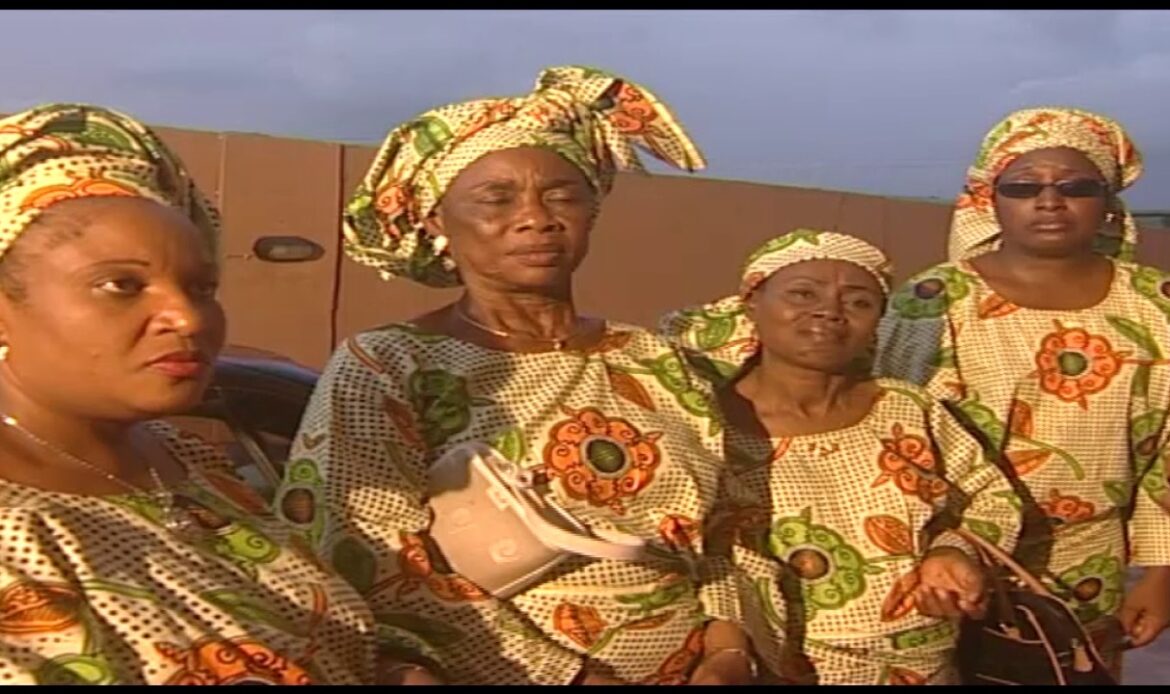
“Once upon a time, for this nation, plenty wives na the formation, concubines with serious calculation…”
Picture this as you sing the song along – You’re finally home after a long day’s work, and the comforting sounds of laughter and chatter fill the air as you step through the door. The TV is already tuned to your favorite channel, and the familiar beat of the Fuji House of Commotion theme song echoes through the living room. It’s a scene that’s played out countless times in households across Nigeria as families come together to unwind and share in the joy of their favorite sitcom.
Read: The Nigerian National Archives
Ah, the nostalgic memories of evenings spent glued to the TV screen, laughing hysterically at the antics of Chief Fuji and his colorful family in the iconic Nigerian sitcom Fuji House of Commotion. Produced and directed by the legendary Amaka Igwe, this show was more than just a sitcom; it was a cultural phenomenon that captured the hearts of millions of Nigerians nationwide.

Fuji House of Commotion was a popular TV show set in the bustling city of Lagos. It took viewers on a wild ride into the chaotic world of Chief T.A. Fuji and his unconventional family. With three wives, a mistress, and a slew of children, every episode was guaranteed to be filled with drama, laughter, and plenty of commotion. “The kids are like the corn plantation.”
The show’s theme song, with its catchy lyrics and infectious beat, became an anthem for fans everywhere. Those words still echo in our minds, transporting us back to a simpler time when laughter was the best medicine.
Read: Nollywood’s Highest Grossing Film Ever, A Tribe Called Judah Hits N1.236 Billion Mark
At the heart of the show were the brilliant performances of the cast, led by the incomparable Kunle Bamtefa as Chief Fuji and Ngozi Nwosu as the indomitable peaceful Peace. Their chemistry on screen was electric, bringing to life the hilarious dynamics of a family like no other.
The audience wasn’t only impressed by the main characters but also by the performances of Louisa Onu as the spirited Ireti and Jude Orhoha as the clumsy Gbenro. Moreover, the supporting cast members added their unique style to the production, resulting in various memorable characters that resonate with us today. Some episodes also feature family friends like Victor Eze, who played the role of Alika.
Fuji House of Commotion was more than just a sitcom. It was a cultural touchstone that reflected Nigerian families’ diversity, humor, and resilience. The show’s witty dialogue, clever storytelling, and relatable characters reminded us that there is always room for love and laughter, no matter how chaotic life may get.
As we look back on this beloved TV series, we can’t help but feel a sense of nostalgia for those simpler times when gathering around the TV with family was the highlight of our day. So here’s to Fuji House of Commotion, the show that brought joy, laughter, and plenty of commotion into our lives.
